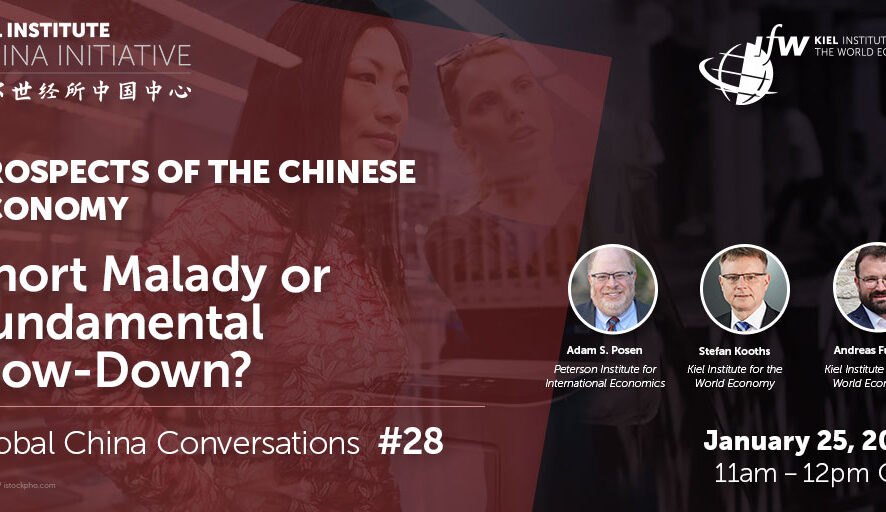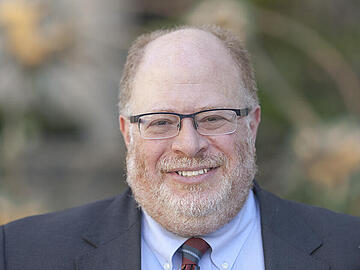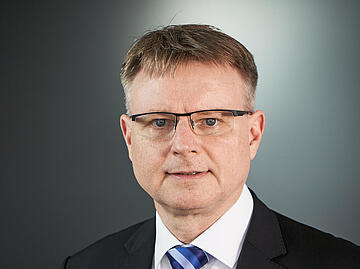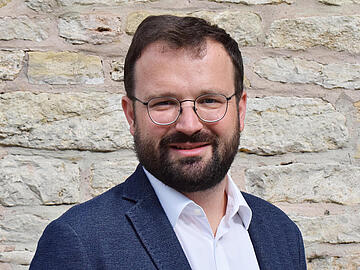
- This event has passed.
Global China Conversations #28 Prospects of the Chinese Economy: Short Malady or Fundamental Slow-down?
January 2024 @ 11:00 - 12:00
Event Navigation

Topic
With the end of the Covid-19 pandemic, China also ended its zero Covid policy and the world seemed ready for the resumption of high GDP growth rates. Nevertheless, the overall trajectory of the Chinese economy appears to be more restrained. As the new year has started, it is crucial to assess the prospects for Chinese economic growth for 2024 and beyond. Are the real-estate crisis and the elevated youth unemployment mere isolated issues, or do they signify deeper systemic problems? Will China return to a path of rapid growth? Is the “no politics, no problem” bargain broken? And if yes, how can the CCP fix it? These issues demand serious consideration.
Furthermore, as the international community, particularly the West, contemplates its response to China’s economic predicament, what strategies should be adopted? At GCC #28, we will engage with renowned experts to delve into these pressing questions and explore the best course of action for navigating the current economic challenges facing China.
Program
The event consists of different impulse lectures followed by a discussion.
The Global China Conversation #28 will be held in English.
Literature
The impulse lectures refer to the following publication:
Posen, Adam (2023): „The End of China’s Economic Miracle“, published in Foreign Affairs August 2, 2023
Speakers

Adam Posen
Adam S. Posen is president of the Peterson Institute for International Economics. Under his leadership, since January 2013, the Institute has grown to 45 world-renowned fellows and won global recognition for its research on macroeconomics, trade, international finance, and globalization. He has himself contributed to research and public policy in the areas of G20 monetary and fiscal policies, European economic integration since the euro, Japan’s recovery from its Great Recession, and China-US economic relations. From 2009 to 2012, Posen served as an external voting member of the Bank of England’s rate-setting Monetary Policy Committee (MPC), and he was named to The Atlantic’s list of superstar central bankers fighting the financial crisis. He co-authored Inflation Targeting with Bernanke, Laubach, and Mishkin while an economist at the Federal Reserve Bank of New York (1994-97). He is an inaugural CEPR Distinguished Fellow. He received his BA and PhD from Harvard University.

Stefan Kooths
Stefan Kooths is Director of the Research Center Business Cycles and Growth at the Kiel Institute for the World Economy. His main fields of expertise cover macroeconomic forecasting, stabilization policies, money and banking, globalization, and constitutional economics. He is advocating a coordinationist paradigm of economics that puts systemic mismatches caused by dysfunctional social coordination mechanisms at the forefront of economic analysis and interprets macroeconomic imbalances primarily as symptoms of pervasive distortions in the economic system. Stefan Kooths holds a Master of Science (1993) and a PhD (1998) in economics from the University of Muenster where he also worked as research associate and assistant professor at the Institute for Industrial Economics. In 2013, he was appointed professor of economics at the University of Applied Sciences Europe (Campus Berlin), since 2020 he lectures at the BSP Business and Law School in Berlin/Hamburg. He is chairman of the Hayek Society, member of the Mont Pèlerin Society, sits on the Board of Directors of the World Economic Council and serves the Academic Advisory Council of the Liberal Institute in Zurich.
Moderation

Andreas Fuchs
Andreas Fuchs is a Professor of Developmental Economics, Director of the Centre for Modern East Asian Studies at the University of Göttingen, and Director of the Kiel Institute China Initiative. His research analyzes trade, investment and development policies with quantitative methods and a special focus on China and other emerging economies. He also investigates the political economy of natural disasters, humanitarian crises, and non-militarized conflicts.
Contact
Moritz Haase
